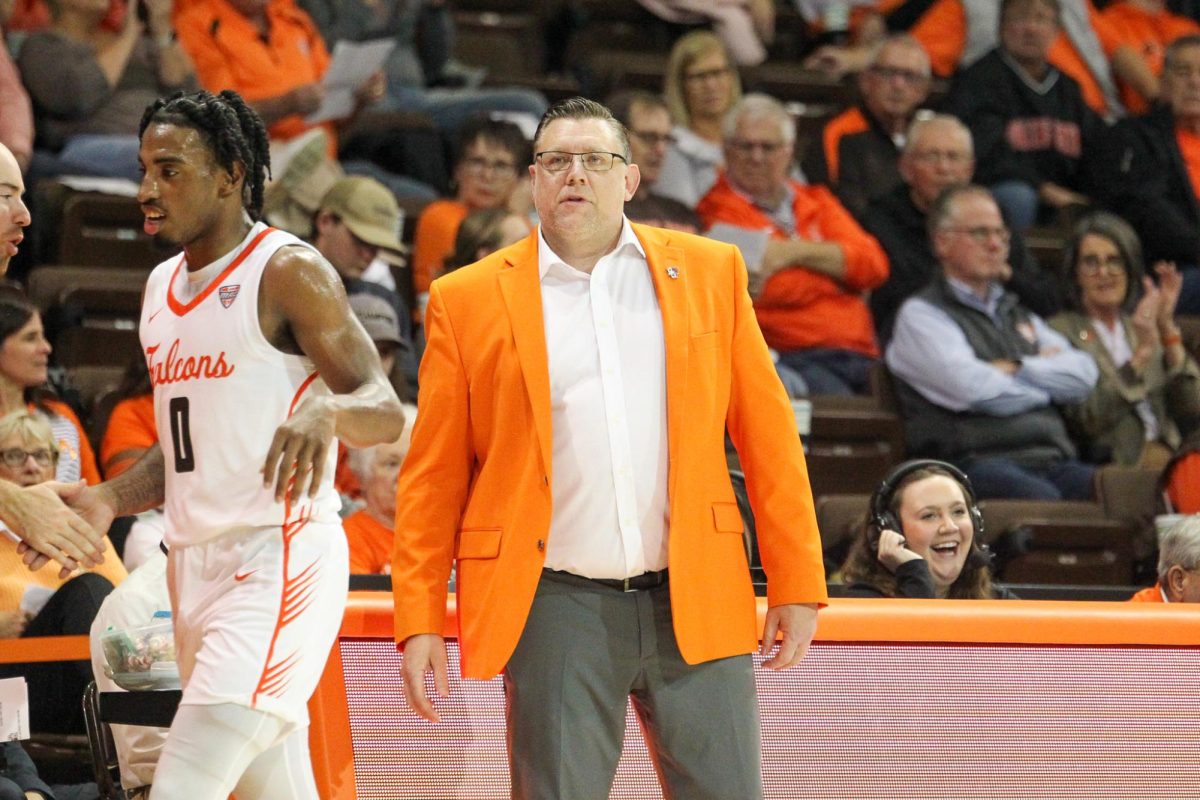COLUMBUS – For $75, a person used to be able to buy a pretty substantial gift for a favorite government official without that official having to report it. For the $20 limit allowed under new regulations, giving state workers luxury gifts would be a bit tougher.
Smaller gifts are just one of the changes in ethics rules for state government employees and appointees under Gov. Ted Strickland’s first executive order, signed just after he took his oath of office. Among other things, the order also doubles the period during which former state board and commission members are prohibited from lobbying that panel, from one to two years.
Former Gov. Bob Taft, who was convicted late in his administration of violating state ethics laws, made ethics a priority, too.
Taft, who disclosed amid a state corruption scandal that he had failed to disclosed gifts, began preaching high ethical standards the moment he was sworn in Jan. 11, 1999. He called his family legacy “a tradition of integrity” and “ethical conduct in office.”
He later summoned the Ohio Ethics Commission to a meeting to lecture top staff on the importance of ethical behavior, and by October 1999 he had signed an executive order of his own that set out to avoid “even the appearance of impropriety.”
Under Taft’s order, which expired Sunday, state officials were instructed to follow state ethics law on gifts. That law required all gifts over $75 to be reported annually, allowing smaller gifts to go unreported as long as they do not come from someone seeking to influence government business.
Like Strickland’s order, Taft’s directive required top cabinet officials to take ethics training. Taft called for four hours of ethics training every two years; Strickland’s order calls for creation of a chief ethics officer in each state agency, who will establish training guidelines and assure “employees can easily get answers to questions about what is permissible and what is not.”

















